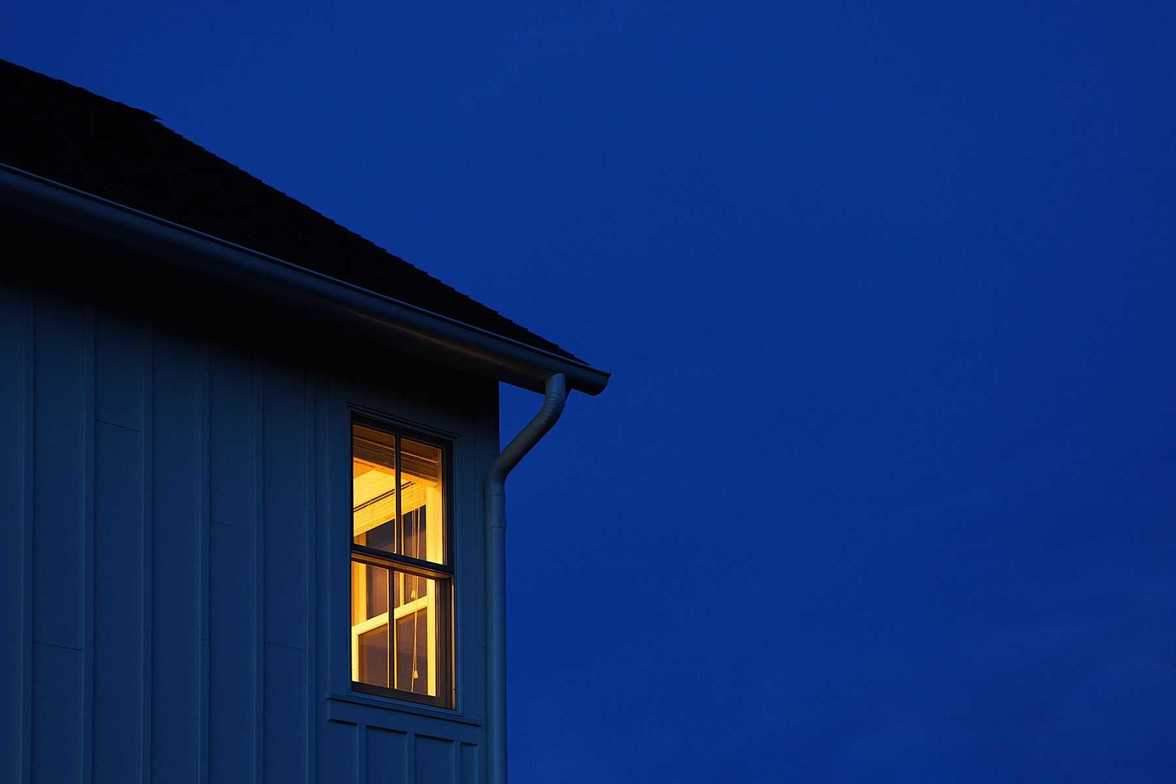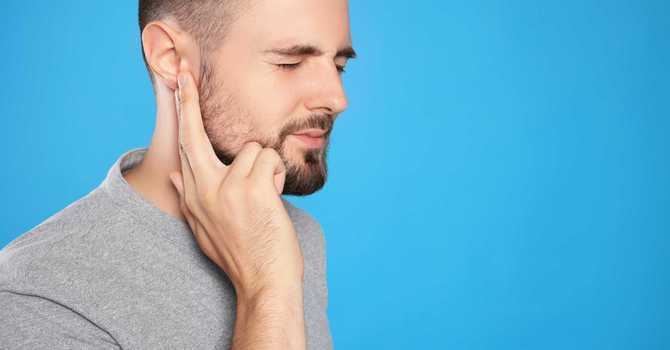
Do you have trouble sleeping at night? Is it hard for you to fall asleep or do you have trouble staying asleep? Either way, acupuncture treatments may help you get back to more restful nights.
You may be unable to sleep for multiple reasons. Stress, physical illness, worry, side effects of medications, diet, alcohol and more are among the causes for your insomnia. Sleepness nights can then affect daily life by creating more stress, irritability, and a feeling of foggy brain. It is a difficult cycle to overcome alone. Western providers are not always able to identify a single cause for insomnia and typically add a medication to help fix the symptoms. Medications such as zolpidem (Ambien) or eszopiclone (Lunesta) are prescribed or patients purchase over the counter pills. These medications have unwelcome side effects like:memory loss, depression, palpitations, disorientation, sleep walking and perhaps most worrisome of all, addiction. Adding more medications can be tricky because of the issue of polypharmacy (the simultaneous use of multiple drugs by a single patient, for one or more conditions) and the possibility of drug interactions. Patients are desperate for relief and will attempt to tolerate these side effects for the possibility of a good night's sleep. So, to paraphrase a quote, "Treatment of one disease can lead to another."
Fortunately, more and more Western medical providers are learning about the benefits od acupuncture and its use in managing a chronic condition such as insomnia.
Acupuncture is the practice of inserting thin needles into designated areas ("points") on the body. There are specific functions associated with these points and your acupuncturist creates a treatment plan specific to your needs. She will ask questions about sleep habits, dietary choices, medications, stressors and other medical conditions during an interview. A physical exam, including pulse reading and tongue observation gives additional data to create a plan. So, while Western medicine diagnoses insomnia and gives a medication to treat it, an acupuncturist takes in more information about the patient as an individual and prescribes specific points accordingly.
One of the biggest benefits to acupuncture is that there are NO side effects. There is a commitment from the patient for frequent and consistent treatment in order to get ahead of the symptom. I like to tell my patients while the symptom may not go away in one session, after regular treatment, the symptom is likely be more manageable for a longer period of time. You may see that it is easier to fall asleep or that you stay asleep longer each night. The goal of treatment will be decided between you and your practitioner. Remember that individual results do vary.
If you suffer from insomnia and have tried medications without success, consider acupuncture. You may find that you sleep better than you have before.
Here's to good sleep,
Dr. Salmond
Dr. Cynthia Kerr Salmond
Contact Me

